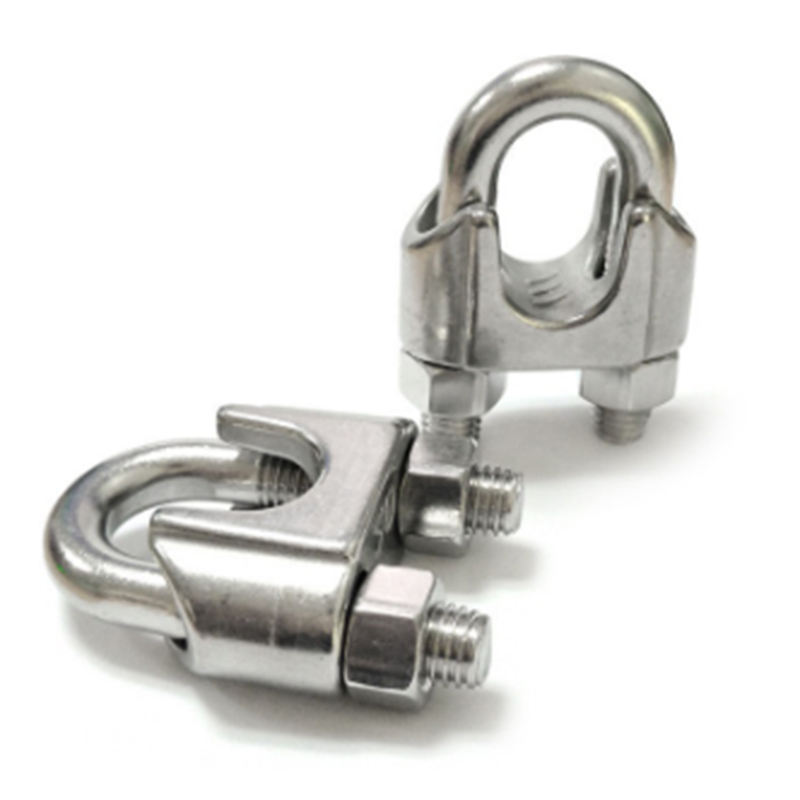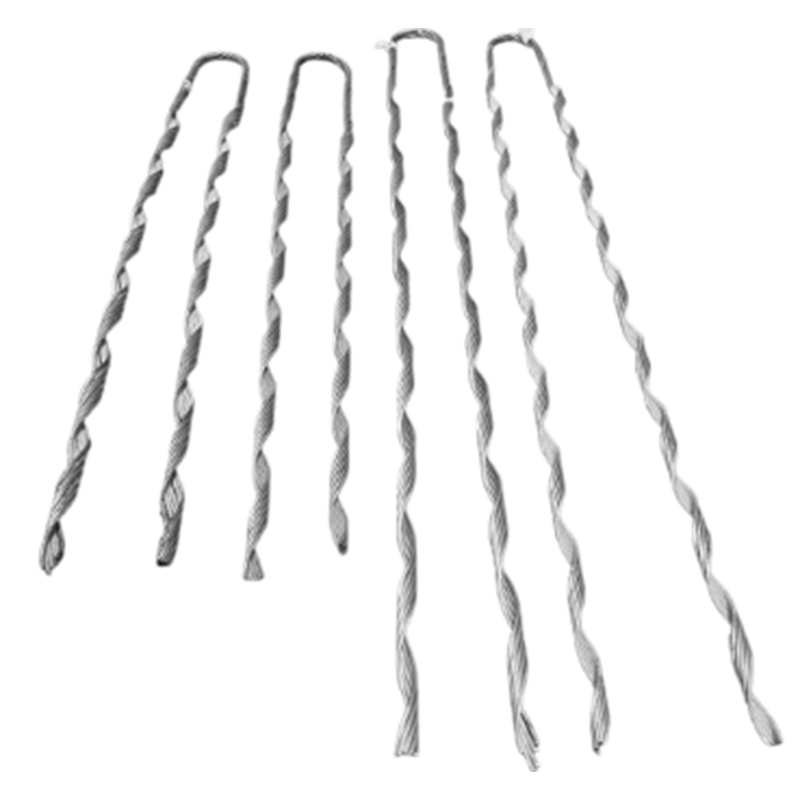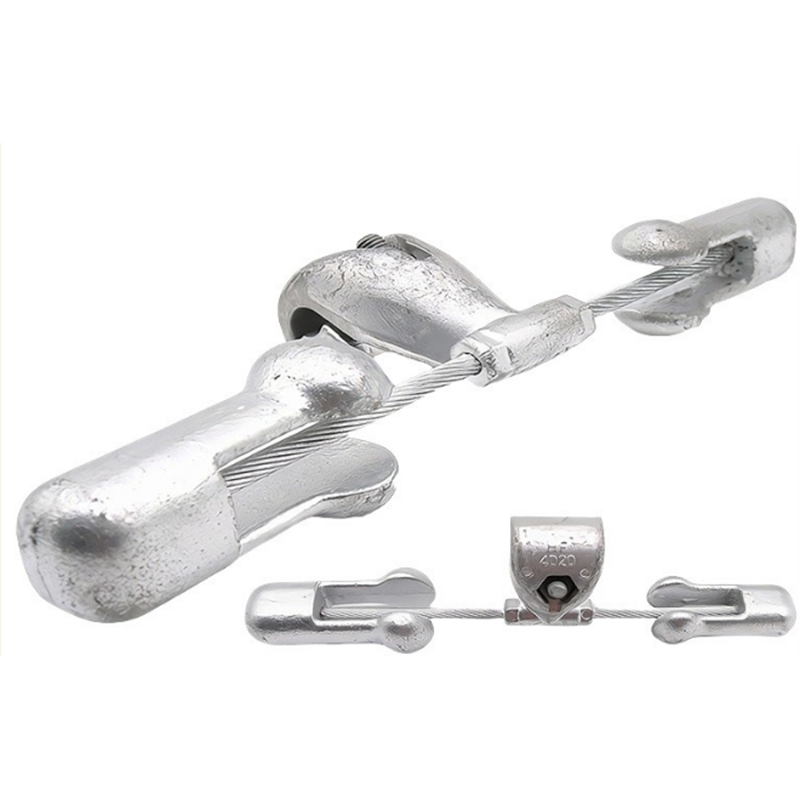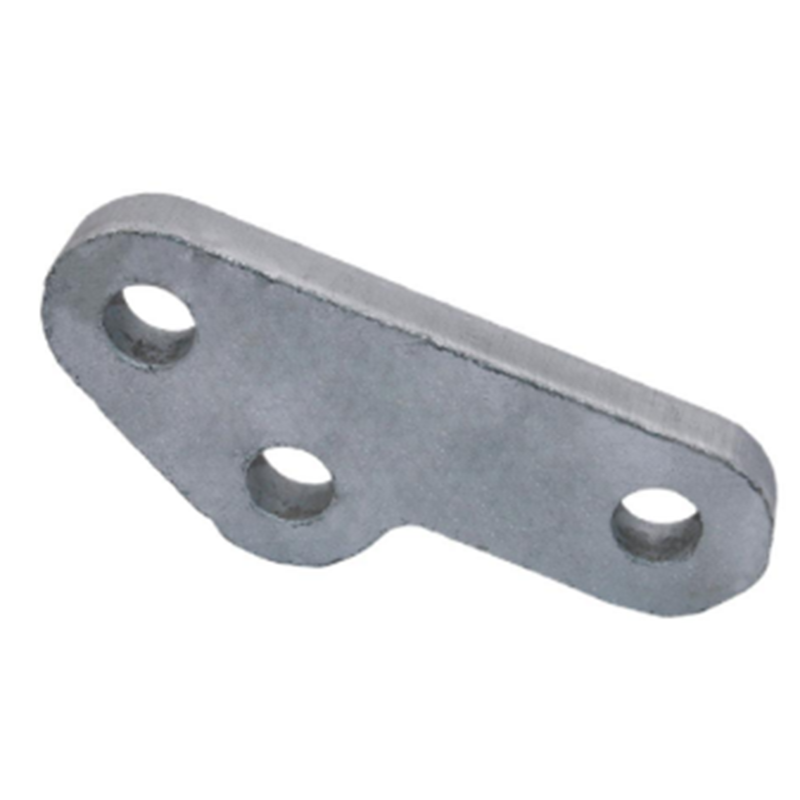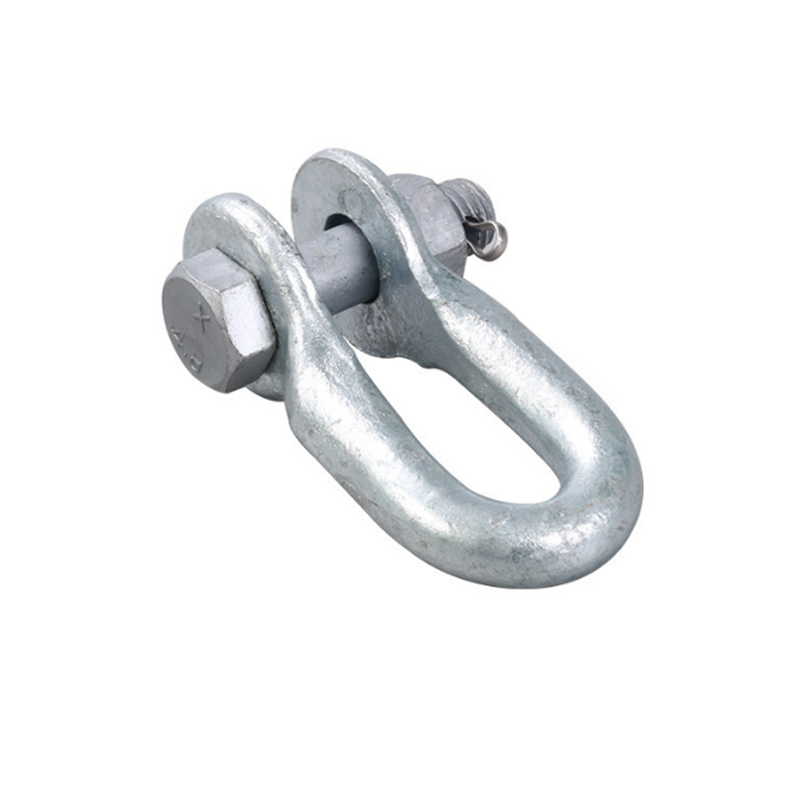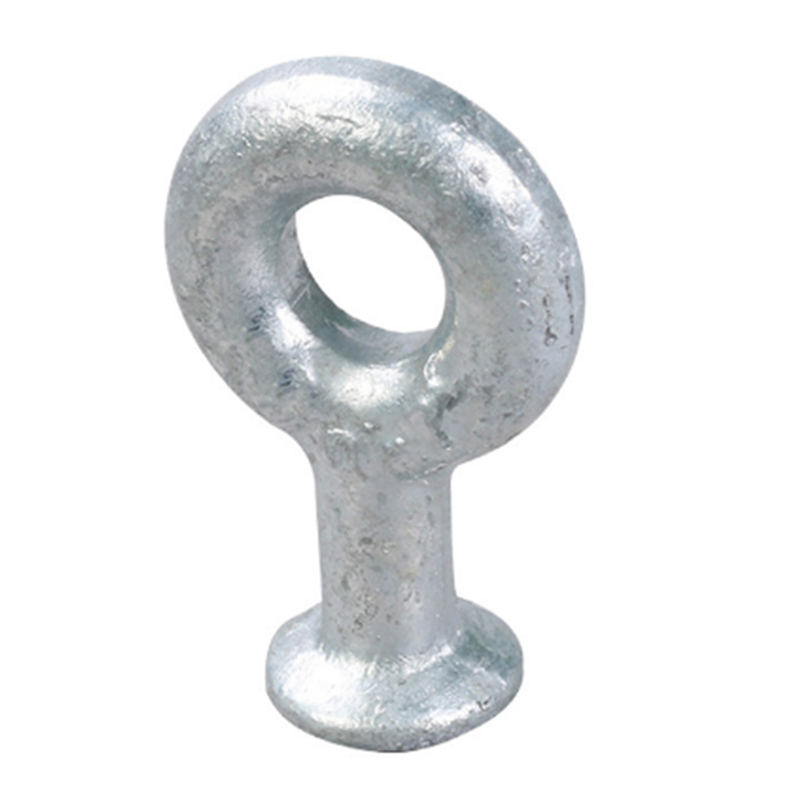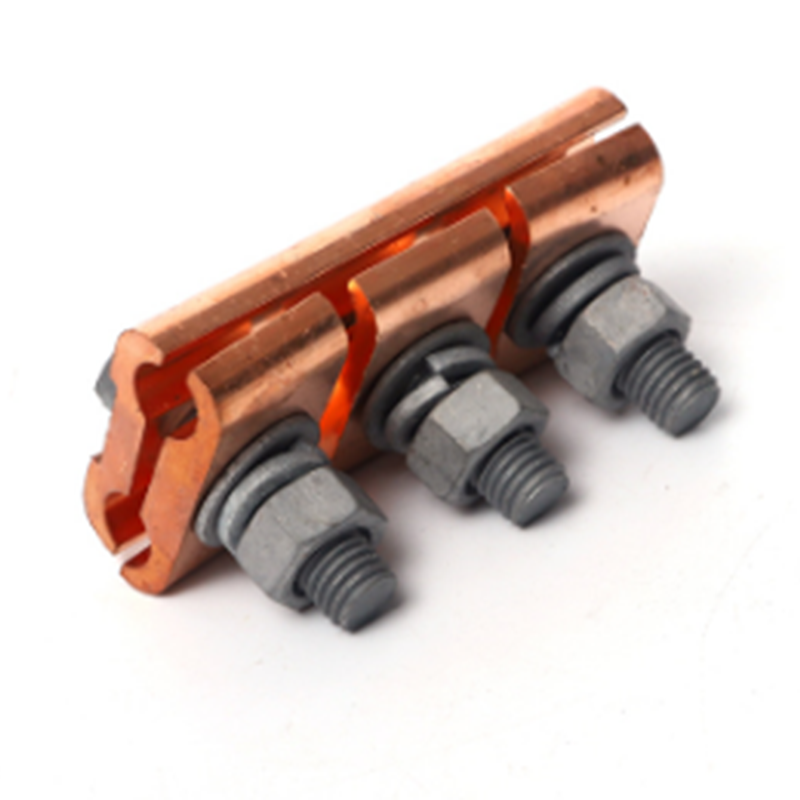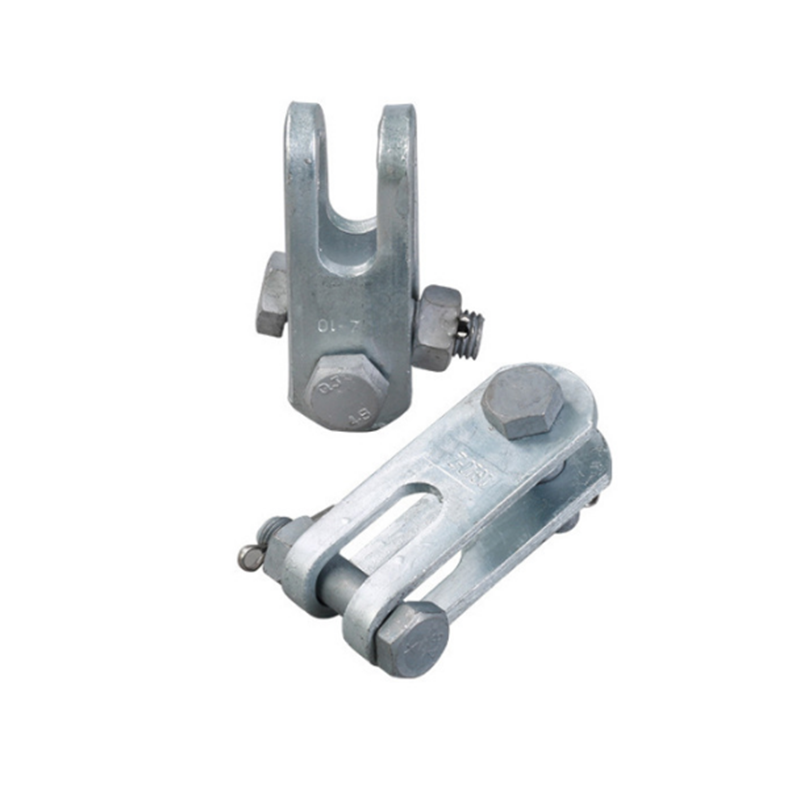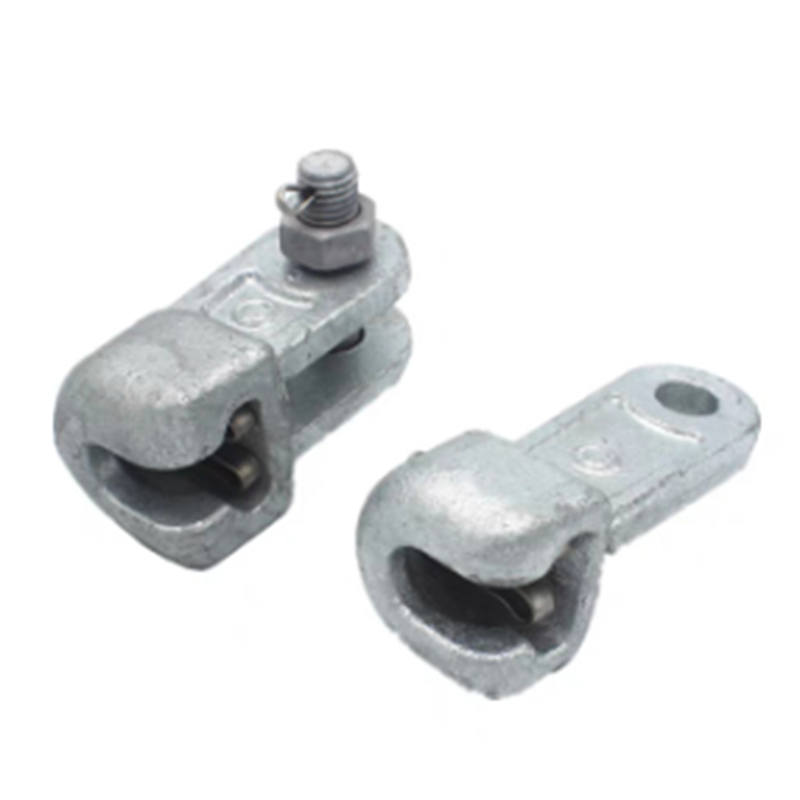
Safety bolt
Understanding the Role of Safety Bolts in Construction
When it comes to building a structure that stands the test of time, the unsung hero often happens to be the humble safety bolt. This component might not get a lot of attention, but it's crucial for ensuring the security and stability of virtually any construction project. You’ll find them in everything from skyscrapers to garden sheds. But what exactly makes these fasteners so essential, and what should you know before using them?
The Basics of Safety Bolts
From my experience, a safety bolt is fundamentally a type of fastener designed to bear loads, join materials, and, crucially, prevent catastrophic failures. These bolts are engineered to provide additional safeguards against loosening under dynamic loads or vibrations. It's not just about holding things together; it's about ensuring they stay together even under stress.
One common misconception in the industry is that all bolts serve the same purpose. Not true. While some might assume that if it fits, it works, real-world applications have taught us that each type of fastener has its own unique requirements and limitations. Using the wrong type could lead to structural integrity issues over time.
At Shengfeng Hardware Fastener Factory, we produce a wide range of fasteners including expansion bolts and spring washers, key elements in crafting the needed durability and reliability in structures. Visit our website at Shengfeng Hardware Fastener Factory for more details.
Common Applications in Various Industries
Safety bolts find use in numerous fields beyond architecture. They’re integral in automotive, aerospace, and even in the manufacturing of everyday household items. Each application has specific standards and testing procedures to ensure reliability under particular conditions.
In my early days, I remember miscalculating the load a bolt needed to bear in a construction project, leading to a failure during testing. It was a hard lesson in the necessity of understanding the specific requirements of each bolt. This reinforced the importance of choosing the right material and design right from the start.
Industrially, these bolts must withstand harsh conditions, from corrosive environments to extreme temperatures. That’s why choosing the right material—be it stainless steel, titanium, or another alloy—is paramount. Each material provides different strengths and weaknesses, so the choice must always align with the needs of the project.
Tricks of the Trade: Ensuring Longevity
After years in the field, I’ve found that one of the critical aspects is maintenance. Ensuring a bolt is fastened correctly is not a one-off task. Regular checks and maintenance are indispensable in preserving their efficacy and ensuring safety over time.
For instance, the use of spring washers can help maintain tension in a system where vibration is a concern. But their function is only optimized when used correctly. Misplaced washers or improper tension settings often lead to premature wear or failure, again emphasizing the need for attention to detail.
Maintenance should also include checking for corrosion and stress fractures, both of which can compromise a bolt's integrity. At our factory, we rigorously test our products to meet high standards before they ever reach a worksite, but their continued reliability does rely on regular on-location assessments.
Avoiding Common Pitfalls
Even seasoned professionals can fall into traps when it comes to using safety bolt systems. One notable example is overlooking environmental factors. Installing a bolt designed for indoor use in a harsh outdoor environment without protective coatings is a recipe for disaster.
Another often-overlooked aspect is matching bolt tension with the specifications. Under-tightening can be just as detrimental as over-tightening, each leading to potential failures. Torque wrenches are not always appreciated outside workshops, but they’re crucial in applying just the right amount of force.
Even when everything seems perfect on paper, real-life conditions can vary. It’s always good practice to collect data post-installation and adapt maintenance schedules based on real-world performance, as noted from my own field notes. Adjustments based on empirical evidence are often necessary to ensure long-term success.
Conclusion: The Silent Sentry of Safety
Ultimately, a safety bolt does exactly what its name promises—it keeps systems safe. From protecting lives in large structures to ensuring the longevity of smaller installations, these components are fundamental. Like any nuanced field, the more you know, the better you perform. If you’re interested in the technical specifics, I suggest checking out Shengfeng Hardware Fastener Factory’s resources which offer a variety of safety bolt solutions.
Remember, while these bolts might seem minor, the safety and functionality they offer are anything but. So next time you’re involved in a project, give them the attention they deserve.
Соответствующая продукция
Соответствующая продукция






